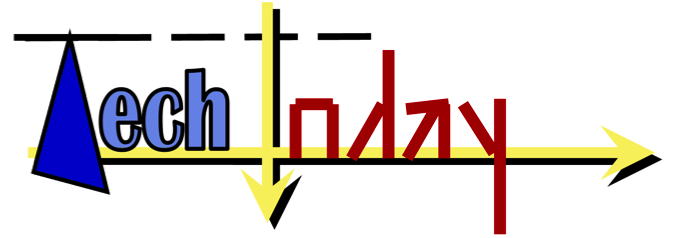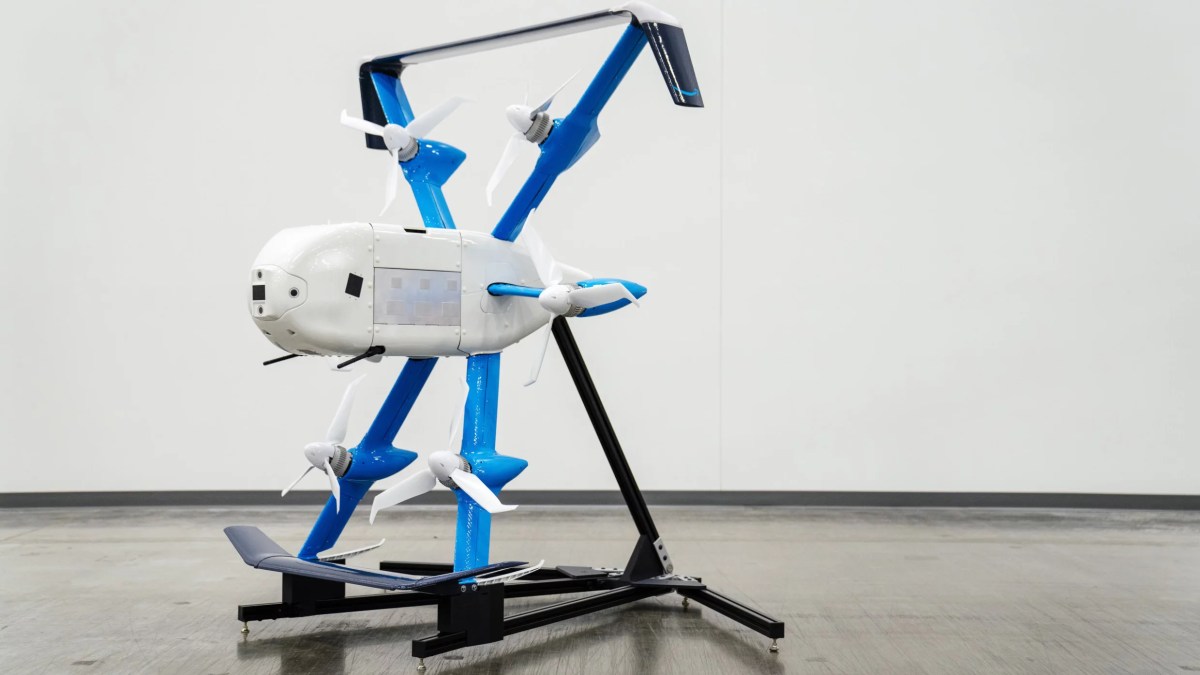ARTICLE AD
China Medical University Hospital through its AI Center has developed a medical speech AI engine powered by Microsoft.
In a statement, the Taiwanese hospital described its Generative Healthcare Intelligent (gHi) system as the Mandarin version of Nuance AI – and possibly the first of its kind in the Chinese language.
HOW IT WORKS
Built using Microsoft Azure, gHi recognises and captures verbal information from clinicians. Then, leveraging Azure OpenAI’s GPT-4, the system analyses and summarises the verbal text and automatically generates recommendations and medical terminologies.
“It can be used in recording discussions with new patients, verbal information from nurses, preparing inpatient medical records, exporting examination reports, and even handling customised requests,” CMUH superintendent Der-Yang Cho said, explaining its use.
Microsoft Taiwan general manager Sean Pien assures the accuracy and stability of the gHi, emphasising the versatility of Microsoft Azure. “Microsoft Azure is a versatile platform, including enterprise-level computing capabilities, great variety in machine learning service solutions, multiple programming languages and tools, the powerful summarisation and generation abilities of Azure OpenAI, and extensive resources of global data centres.”
WHY IT MATTERS
CMUH created the gHi to raise the efficiency and accuracy of maintaining medical records. Through early implementation, it has helped reduce the time spent on manual maintenance of medical records by 75%, the hospital claims.
Besides enhancing the quality of medical records, it can also facilitate cooperation and communication across medical disciplines.
CMUH said it will continue optimising the gHi to expand its scope across healthcare services.
THE LARGER TREND
CMUH has recently started creating healthcare AI models for the Chinese-speaking population to help facilitate access to accurate medical information.
Late last year, it entered into a collaboration with Google Cloud for cancer care delivery. They intend to jointly develop an AI-based physician system for making diagnoses and treatment plans based on MedLM. So far, two MedLM-based tools have been developed: the Customised Cancer Treatment Guidelines, which enables clinicians to quickly capture information and generate cancer treatment plans, and the Cancer Therapy Q&A System which can be used by doctors to instantly search for information and receive recommendations for comprehensive treatment options.
In other related news, Nuance has made recent announcements that the Dragon Ambient eXperience Copilot, an assistive tool for clinical documentation based on conversational, ambient, and generative AI, is now available for full integration with electronic health records of Epic and Meditech Expanse.

 9 months ago
61
9 months ago
61 

